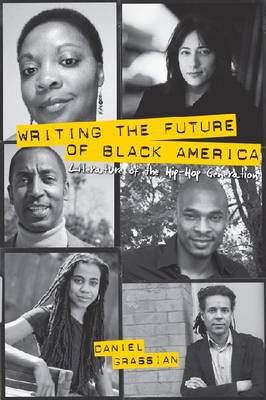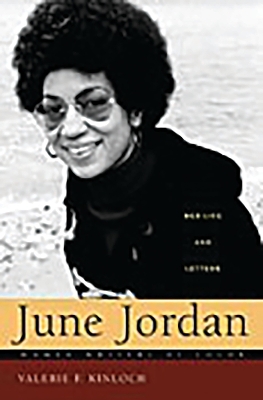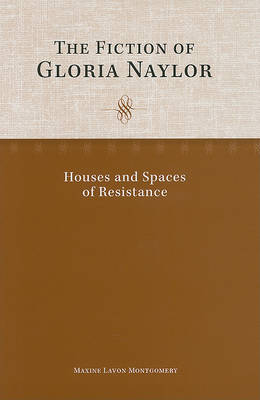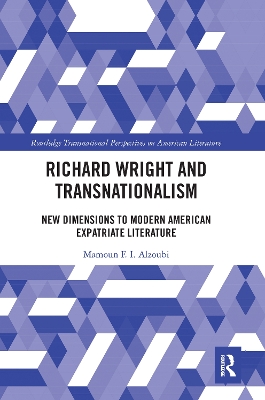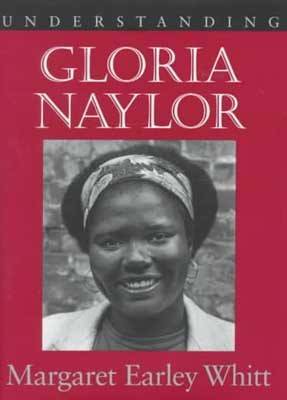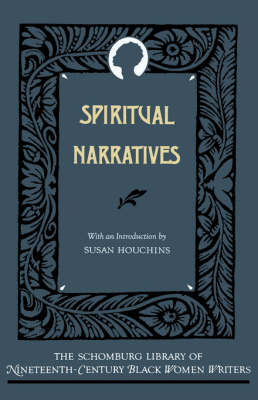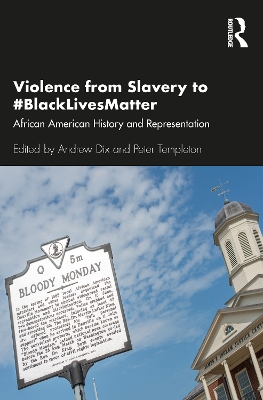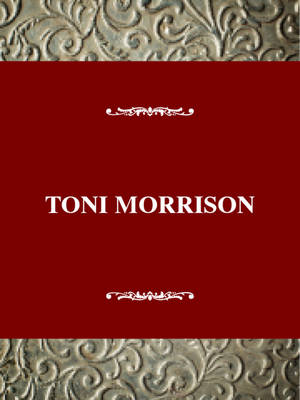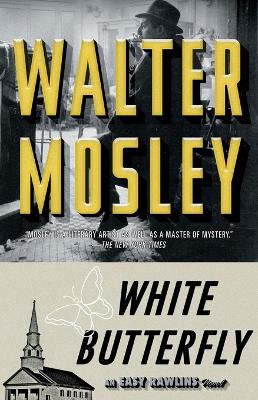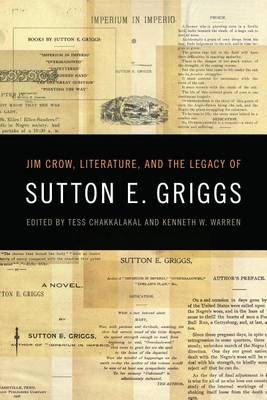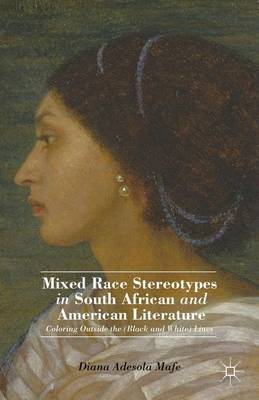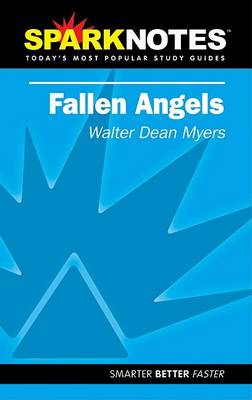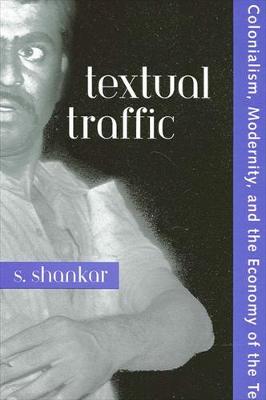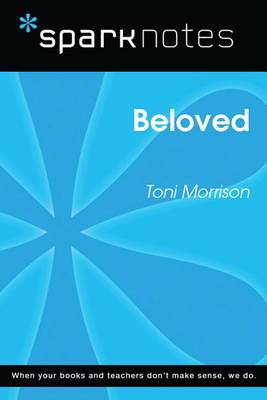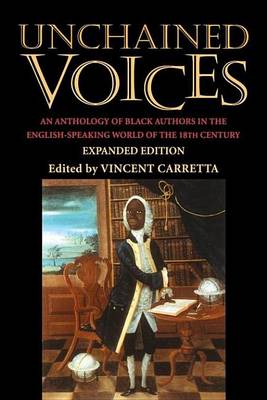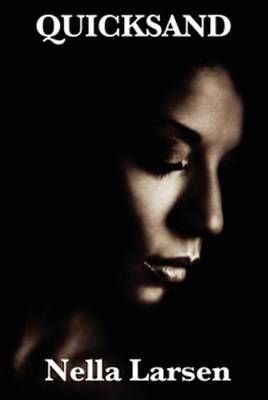This book presents an insightful exploration into the works of African American writers born in the 1960s and 1970s. ""Writing the Future of Black America"" explores the work of eight representative African American writers of the hip-hop generation to assess their common themes and offer insights into contemporary race relations in America as expressed and challenged in their works. In this groundbreaking study, Daniel Grassian takes as his subjects a group of impressive novelists, essayists, p...
The Fiction of Gloria Naylor is one of the very first critical studies of this acclaimed writer. Including an insightful interview with Naylor and focusing on her first four novels, the book situates various acts of insurgency throughout her work within a larger framework of African American opposition to hegemonic authority. But what truly distinguishes this volume is its engagement with African American vernacular forms and twentieth-century political movements. In her provocative analysis, Ma...
Houston Baker maintains that black American culture, grounded in a unique historical experience, is distinct from any other, and that it has produced a body of literature that is equally and demonstrably unique in its sources, values, and modes of expression. He argues that black American literature is rooted in black folklore- animal tales, trickster slave tales, religious tales, folk songs, spirituals, and ballads- and that a knowledge of this tradition is essential to the understanding of any...
Richard Wright and Transnationalism (Routledge Transnational Perspectives on American Literature)
by Mamoun F. I. Alzoubi
Richard Wright and Transnationalism sees Dr. Mamoun Alzoubi argue that renowned American Author, Richard Wright, transformed the way that we approach comparative literature by beginning to look at matters of American racism and Civil Rights in transnational contexts, formed by the new nations surfacing from colonial rule. Richard Wright and Transnationalism demonstrates how Wright, beginning with his work in the 1950s, began to hypothesize the shared history of suffering that linked the experien...
Understanding Gloria Naylor (Understanding Contemporary American Literature)
by Margaret Earley Whitt
This study introduces readers to the literal and mythical places, recurring characters and rich literary allusions that distinguish Gloria Naylor's award-winning fiction. Her characters move from poverty and isolation to transcend the racism and sexism constricting their lives.
Spiritual Narratives (The Schomburg Library of Nineteenth-Century Black Women Writers)
by Maria W. Stewart, Jarena Lee, Julia A J Foote, and Virginia W Broughton
These narratives by four famous black woman preachers and evangelists, published between 1835 and 1907, all share a theme that continues to dominate Afro-American literature even today: the power of Christianity to give strength and comfort in the struggle for liberation from caste and gender restrictions.
Medicine and Ethics in Black Women S Speculative Fiction (Palgrave Studies in Literature, Science and Medicine)
by Esther L. Jones
Violence from Slavery to #BlackLivesMatter
Violence from Slavery to #BlackLivesMatter brings together perspectives on violence and its representation in African American history from slavery to the present moment. Contributors explore how violence, signifying both an instrument of the white majority's power and a modality of black resistance, has been understood and articulated in primary materials that range from slave narrative through "lynching plays" and Richard Wright's fiction to contemporary activist poetry, and from photography o...
Toni Morrison (Twaynes united states author, no 559)
by Wilfred D. Samuels and Clenora Hudson-Weems
Phillis Wheatley, the African-born slave poet, is considered by many to be a pioneer of Anglo-American poetics. This study argues how in her 1773 POEMS, Wheatley uses John Milton's poetry to develop an idealistic vision of an emerging Anglo-American republic comprised of Britons, Africans, Native Americans, and women.
The police don't show up on Easy Rawlins's doorstep until the third girl dies. It's Los Angeles, 1956, and it takes more than one murdered black girl before the cops get interested. Now they need Easy. As he says: I was worth a precinct full of detectives when the cops needed the word in the ghetto. But Easy turns them down. He's married now, a father -- and his detective days are over. Then a white college coed dies the same brutal death, and the cops put the heat on Easy: If he doesn't help, h...
Jim Crow, Literature, and the Legacy of Sutton E. Griggs (New Southern Studies)
Imperium in Imperio (1899) was the first black novel to countenance openly the possibility of organised black violence against Jim Crow segregation. Its author, a Baptist minister and newspaper editor from Texas, Sutton E. Griggs (1872-1933), would go on to publish four more novels; establish his own publishing company, one of the first secular publishing houses owned and operated by an African American in the United States; and help to found the American Baptist Theological Seminary in Tennesse...
Mixed Race Stereotypes in South African and American Literature: Coloring Outside the (Black and White) Lines
by Diana Adesola Mafe
"Get your "A" in gear! They're today's most popular study guides-with everything you need to succeed in school. Written by Harvard students for students, since its inception "SparkNotes(TM) has developed a loyal community of dedicated users and become a major education brand. Consumer demand has been so strong that the guides have expanded to over 150 titles. "SparkNotes'(TM) motto is "Smarter, Better, Faster because: - They feature the most current ideas and themes, written by experts.- They're...
Textual Traffic (SUNY series, Explorations in Postcolonial Studies)
by S Shankar
Black Masculinity and the Frontier Myth in American Literature
by M.K. Johnson
American writings often express a hunger for a mythologized frontier at the edge of known civilization, where one's identity, choices, and decisions are not limited by convention. Since the nineteenth century, writers have used this frontier space both to probe and to define the meanings of masculinity. In Black Masculinity and the Frontier Myth in American Literature, Michael K. Johnson examines the writings of black authors whose works use the mythologized frontier to explore black masculinity...
Beloved (Sparknotes Literature Guide)
by Sparknotes and Toni Morrison
"Get your "A" in gear! They're today's most popular study guides-with everything you need to succeed in school. Written by Harvard students for students, since its inception "SparkNotes(TM) has developed a loyal community of dedicated users and become a major education brand. Consumer demand has been so strong that the guides have expanded to over 150 titles. "SparkNotes'(TM) motto is "Smarter, Better, Faster because: - They feature the most current ideas and themes, written by experts.- They're...
In Unchained Voices, Vincent Carretta has assembled the most comprehensive anthology ever published of writings by eighteenth-century people of African descent, enabling many of these authors to be heard for the first time in two centuries. Their writings reflect the surprisingly diverse experiences of blacks on both sides of the Atlantic-America, Britain, the West Indies, and Africa-between 1760 and 1798. Letters, poems, captivity narratives, petitions, criminal autobiographies, economic treat...
Critical Essays on Shakespeare's Richard III (Twayne's Critical Essays on British Literature)
by P Wheeler Richard
Beckett in Black and Red (Irish Literature, History & Culture S.) (Irish Literature, History, and Culture)
by Alan Warren Friedman
Samuel Beckett's role as translator of Cunard's Negro has traditionally seen as apolitical. In this work Friedman argues that his role resulted from his support for the causes espoused in Negro, racial justice and equality, and the belief that these could only be achieved through communism.
Ghosts of the African Diaspora (Re-Mapping the Transnational: A Dartmouth Series in American)
by Joanne Chassot
Born to an indifferent white mother and an absent black father, and scorned for her dark skin, Helga Crane has long had to fend for herself. As a young woman, Helga teaches at an all-black school in the South, but even here she feels different. Moving to Harlem and eventually to Denmark, she attempts to carve out a comfortable life and place for herself, but ends up back where she started, choosing emotional freedom that quickly translates into a narrow existence.
